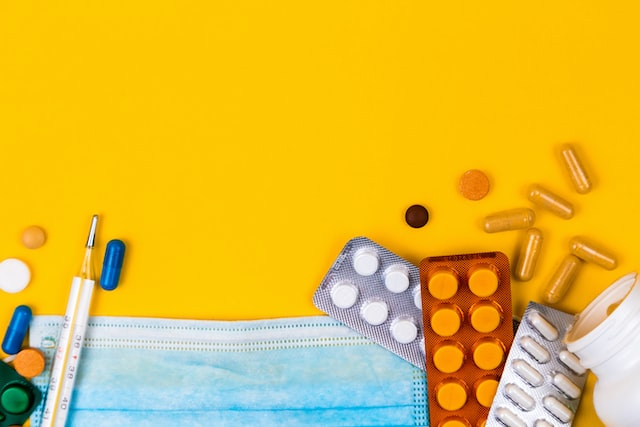6 Ways to Use Flashcards for Pharmacy Students
Admin - February 28, 2023
If you're a pharmacy student, you know that learning the names, doses, indications, and adverse effects of hundreds of drugs can be a daunting task. Fortunately, there's a study tool that can make your life easier: flashcards.
Flashcards are small cards with information on one or both sides, typically used for self-study or group review. One of the best ways to learn something is to retrieve it from memory. Flashcards provide a way to do that by asking you to recall information from your brain. When you look at a flashcard, try to remember the answer before flipping it over. This process of active recall strengthens your memory and helps you retain information better.
Here are some examples on how you can construct flashcards to study for your exams as well as improve your understanding of the material you are learning:
1. Drug names and classifications: Create flashcards for the names, generic names, and classifications of commonly prescribed drugs. Practice active recall by trying to remember the drug's name and its classification before flipping the card over to check your answer.
2. Drug indications and contraindications: Create flashcards for the indications (reasons for prescribing) and contraindications (reasons for avoiding) of the drugs you're studying. This will help you understand when and why a drug should be used or avoided in different patient populations.
3. Drug interactions and side effects: Create flashcards for the drug interactions and side effects of the drugs you're studying. This will help you identify potential drug-drug or drug-patient interactions that can affect the safety and efficacy of the drug.
4. Pharmaceutical calculations: Create flashcards for the formulas and conversions you need to know for pharmaceutical calculations. Practice active recall by trying to remember the formula or conversion before flipping the card over to check your answer.
5. Disease states and treatment options: Create flashcards for the different disease states and the treatment options for each one. This will help you understand the mechanism of action of different drugs and how they're used to treat specific diseases.
6. Medical terminology: Create flashcards for the medical terminology used in pharmacy, such as abbreviations, acronyms, and symbols. This will help you communicate effectively with healthcare professionals and avoid medication errors.
If you're looking for a way to enhance your pharmacy studies, consider using flashcards. And if you want to take it to the next level, try our free Flashcard Lab Google Sheets add-on (and the mobile app version) that generates virtual flashcards for you in a randomized manner. Here’s a sample list of pharmacy flashcards to get you started. With this tool, you can customize your study material as much as you want and get the most out of your time and effort. Give it a try and let us know what you think!

